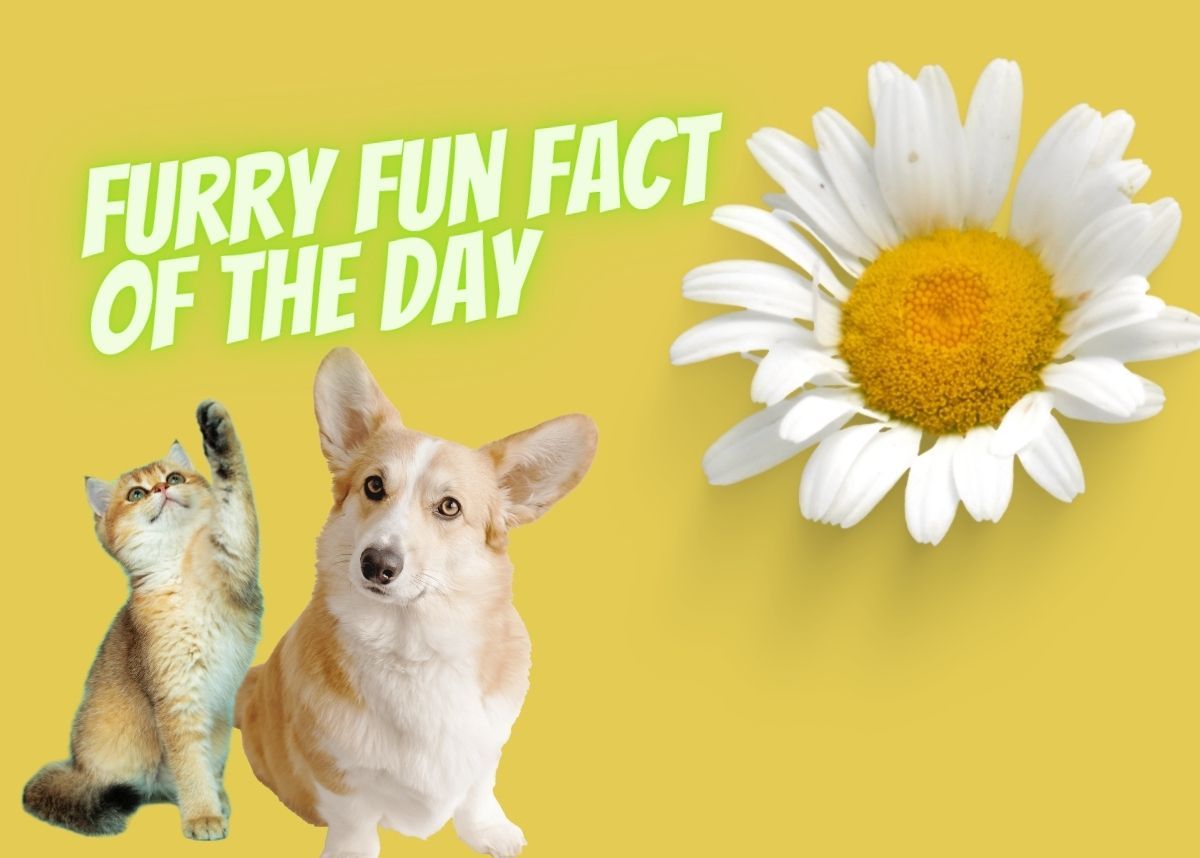This bond transcends emotional, physical, and intellectual compatibility, creating an electrifying “spark” that draws them closer together.
Why romantic chemistry matters
Romantic chemistry plays a vital role in understanding and connecting with a partner. For a relationship to thrive, couples typically share emotional connection, physical attraction, shared interests and desires, humour, intellectual compatibility, and many more.
While romantic chemistry often feels effortless, its complexity makes it difficult to predict or fully comprehend.
What fuels romantic chemistry?
Attractiveness: More than skin deep
Attraction is the key, also the first and foremost checklist when it comes to a romantic relationship, and it even convinces you that the person sitting across from you might just be “the one.” This immediate connection often feels undeniable, yet it’s largely influenced by brain chemistry.
When you’re attracted to someone, your brain releases a surge of hormones and activates specific regions associated with pleasure and reward. According to a 2014 study published in Neuroscience and Biobehavioral Reviews, areas like the medial prefrontal cortex help evaluate someone’s desirability based on physical appearance. This response is tied to evolutionary instincts, as recognizing attractive traits signals health, vitality, and potential compatibility.
Dopamine: The “feel-good” hormone, associated with pleasure and excitement.
Oxytocin: Known as the “love hormone,” fostering trust and emotional connection.
Functional MRI (fMRI) scans also reveal that regions like the orbitofrontal cortex and ventral striatum light up when viewing an attractive face, emphasizing the brain’s role in processing and reacting to physical appeal.
Kindness: The hidden spark
While physical attractiveness might ignite initial interest, kindness keeps the flame burning. It not only makes someone more appealing but also evoke chemical reactions similar to those experienced during a romantic connection.
The complexity of romantic chemistry
Romantic chemistry is not always straightforward and the intense feelings of connection might be a biological reaction, but they can also be shaped by shared experiences, emotional vulnerability, and mutual growth.













